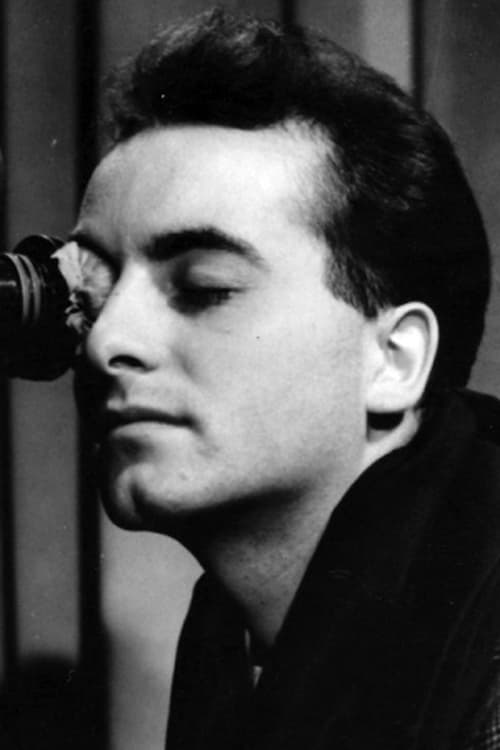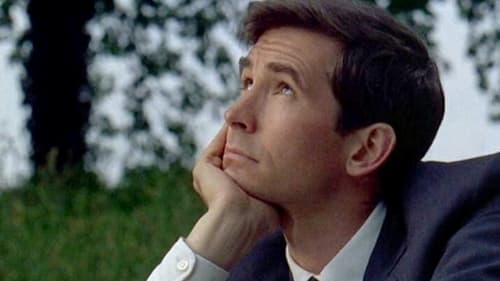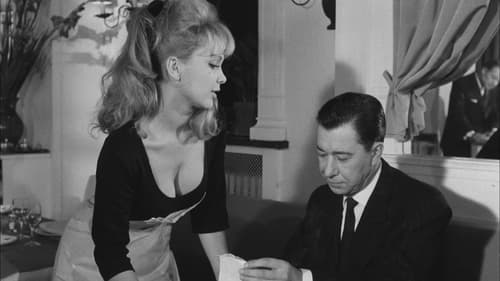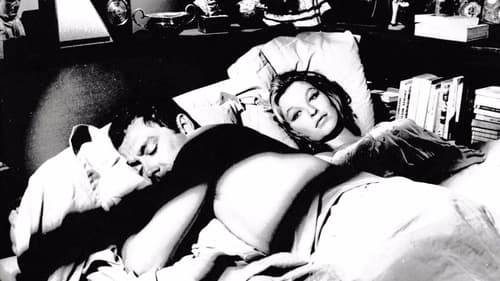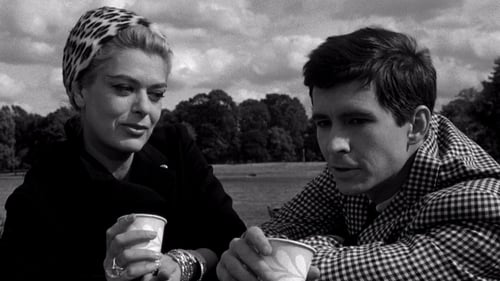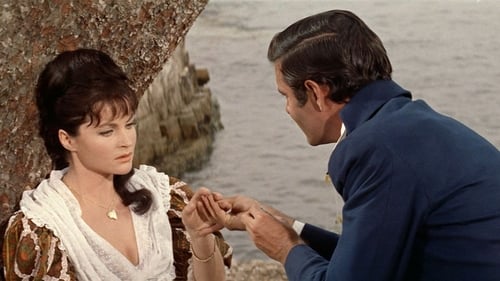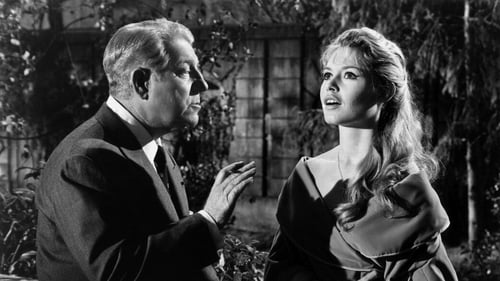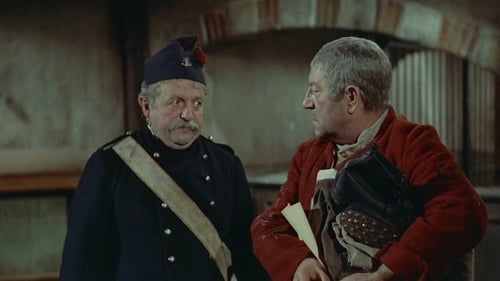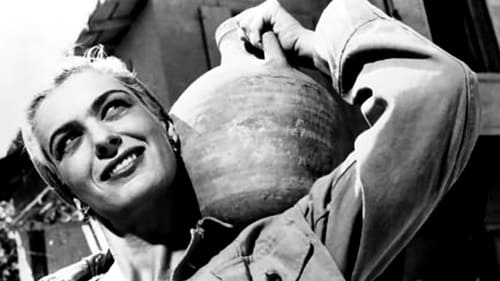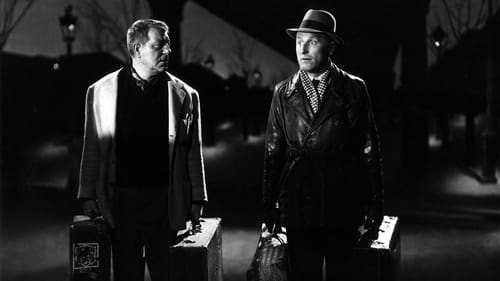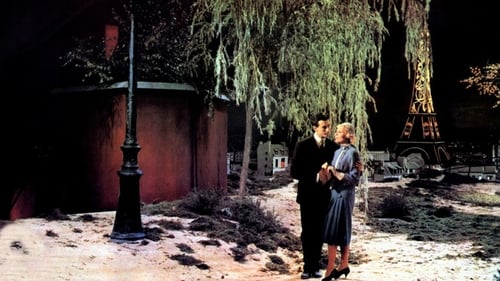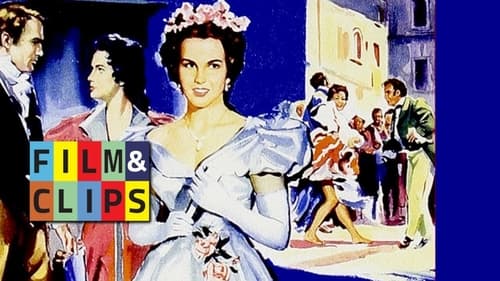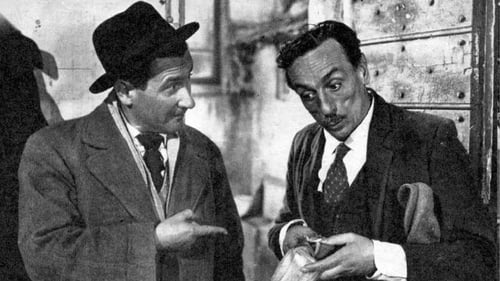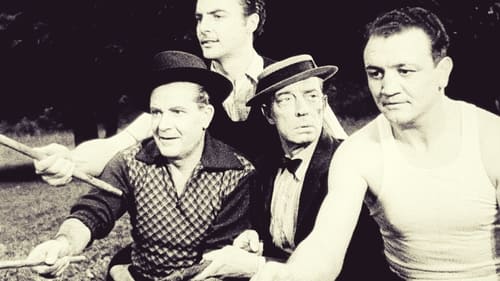Jacques Natteau
Birth : 1920-11-15, Constantinople, Ottoman Empire [now Istanbul, Turkey]
Death : 2007-04-17
History
Jacques Natteau (15 November 1920 – 17 April 2007) was a French director of photography.
Natteau was born on 15 November 1920 in Istanbul, Turkey. His father, Edouard Chiuminatto, was a captain in the French Army who had fought in World War I and was wounded multiple times in the battles of the Somme, Chemin des Dames, and Verdun. After World War I, his father was dispatched to Turkey as part of the Allied occupation force where he met Rosine Foscolo, a direct descendant of the 19th century Italian poet, Ugo Foscolo. Edouard and Rosine married and gave birth to their only child, Jacques Etienne Chiuminatto. Under the terms of the 1919 Versailles Treaty, the defeated Ottoman Empire, as an ally of Imperial Germany, surrendered and was occupied by Anglo-French forces. The French Army seized Turkey's railways and Edouard was put in charge of administering the railway network.
When Natteau was three years old, Kemal Atatürk came to power and ended the Allied occupation of Turkey. The family settled in Paris and the young Jacques Natteau won admittance to Paris's prestigious Lycée Henri IV where he graduated in 1938 earning his Baccalauréat. He later remembered that, on 4 February 1934, he literally ran for his life as violent riots broke out in Paris prior to the collapse of the French government.
Growing up in Paris's artistic 6ème arrondissement in the 1930s, Natteau came to know some of its most successful residents including Jean Cocteau, Jacques Prévert, Jean-Paul Sartre, Simone de Beauvoir, Albert Camus, Pablo Picasso.
In 1938, the legendary French film director, Jean Renoir, gave him his first job as assistant camera man for the film La Bête humaine. But his career was interrupted by the onset of World War II.
After the war, he resumed his career in the late 1940s and went on to become one of Europe's most famous cinematographers in the 1950s and 1960s.
He served as cinematographer for such French directors including Jean Renoir, Claude Autant-Lara, Marc Allégret, Marcel Carné and Jules Dassin. Among the films to his credit as cinematographer are He Who Must Die, Never on Sunday, Phaedra, and Le Comte de Monte Cristo.
Natteau was married twice, first in 1942 to Geneviève Langevin, with whom he had a daughter, Catherine; the couple divorced in 1953. In 1961, while working on Le Comte de Monte Cristo, he met actress Yvonne Furneaux who starred as "Emma" in La Dolce Vita (Federico Fellini). They lived between London, Paris, and Rome in the 1960s as they continued to pursue their film careers. They were married from 1962 until his death. He had two children: Catherine with Geneviève and Nicholas Natteau with Yvonne. Catherine and her only child Alexandre were murdered in 1980 by her estranged ex-husband Maxime Breguet who then committed suicide.
Jacques Natteau died of pneumonia while traveling in Lausanne, Switzerland, on 17 April 2007.
Source: Article "Jacques Natteau" from Wikipedia in English, licensed under CC-BY-SA 3.0.
